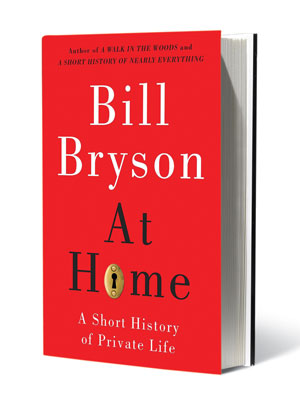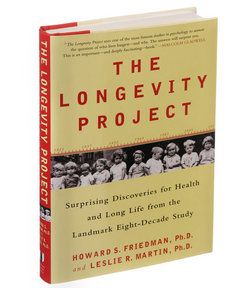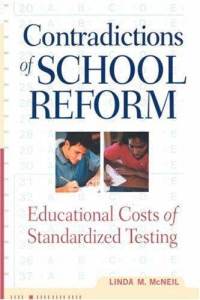In 2010 archeologist Brian Fagan published a book that used his read of the evidence to imagine the interactions between Cro-Magnon (us) and Neanderthal humans. He mostly portrayed the interaction as one of wary, but mainly benign mutual neglect. His broader portrayal of the lives of the hunter-gatherer Cro-Magnons did not completely place them in a Golden Age, but did much to praise many aspects of their lives.
Also in 2010, Matt Ridley published a book that discussed and dismissed the view that the hunter-gatherers were to be admired. He mainly pointed to the evidence of how common violent death was among hunter-gatherers, and hence how precarious and fearful their lives must have been.
Now there is additional relevant evidence. Apparently the period of overlap between Cro-Magnons and Neanderthals was much briefer than had been previously believed. This implies (see below) that rather than benign mutual neglect, it is much more likely that the Cro-Magnons violently wiped out the Neanderthals.
Hobbes may not have been entirely wrong when he described early human life as “nasty, poor, brutish and short.”
(p. D4) An improvement in the dating of fossils suggests that the Neanderthals, a heavily muscled, thick-boned human species adapted to living in ice age Europe, perished almost immediately on contact with the modern humans who started to enter Europe from the Near East about 44,000 years ago. Until now bones from several Neanderthal sites have been dated to as young as 29,000 years ago, suggesting there was extensive overlap between the two human species. This raised the question of whether there had been interbreeding between humans and Neanderthals, an issue that is still not resolved.
. . .
Reviewing . . . Neanderthal dates ascertained with the new ultrafiltration method, Dr. Higham sees an emerging pattern that no European Neanderthal site can reliably be dated to less than 39,000 years ago. “It’s only with reliable techniques that we can interpret the archaeological past,” he said.
He is re-dating Neanderthal sites across Europe and so far sees no evidence for any extensive overlap between Neanderthals and modern humans. “There was a degree of contemporaneity, but it may not have been very long,” he said. A short period of contact would point to the extinction of the Neanderthals at the hands of modern humans.
“It’s very unlikely for Neanderthals to go extinct without some agency from modern humans,” Dr. Higham said.
Paul Mellars, an expert on Neanderthals at Cambridge University in England, said that the quality of the dates from Dr. Higham’s laboratory was superb and that samples of bone re-dated by the lab’s method were almost always found to be several thousand years older than previously measured. The picture supported by the new dates is that the interaction between modern humans and Neanderthals in Europe was brief in each region, lasting perhaps a few hundred years, Dr. Mellars said, until the modern humans overwhelmed their competitors through better technology and greater numbers.
For the full story, see:
NICHOLAS WADE. “Neanderthals and Early Humans May Not Have Mingled Much.” The New York Times (Tues., May 10, 2011): D4.
(Note: ellipsis added.)
(Note: the online version of the article is dated May 9, 2011.)
The Fagan book is:
Fagan, Brian. Cro-Magnon: How the Ice Age Gave Birth to the First Modern Humans. New York: Bloomsbury Press, 2010.
The Ridley book is:
Ridley, Matt. The Rational Optimist: How Prosperity Evolves. New York: Harper, 2010.





